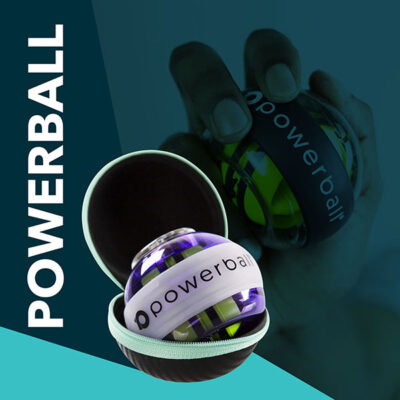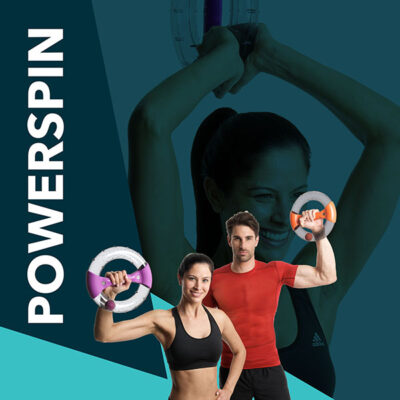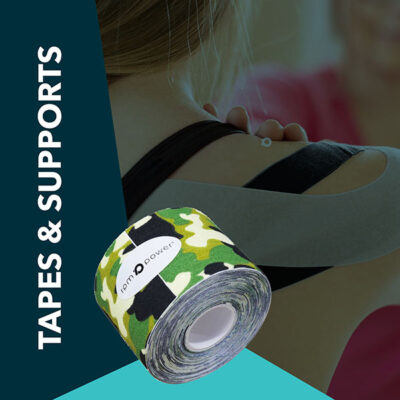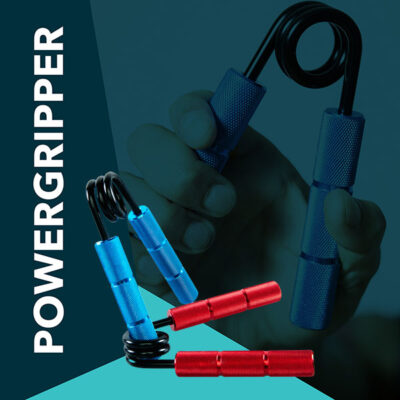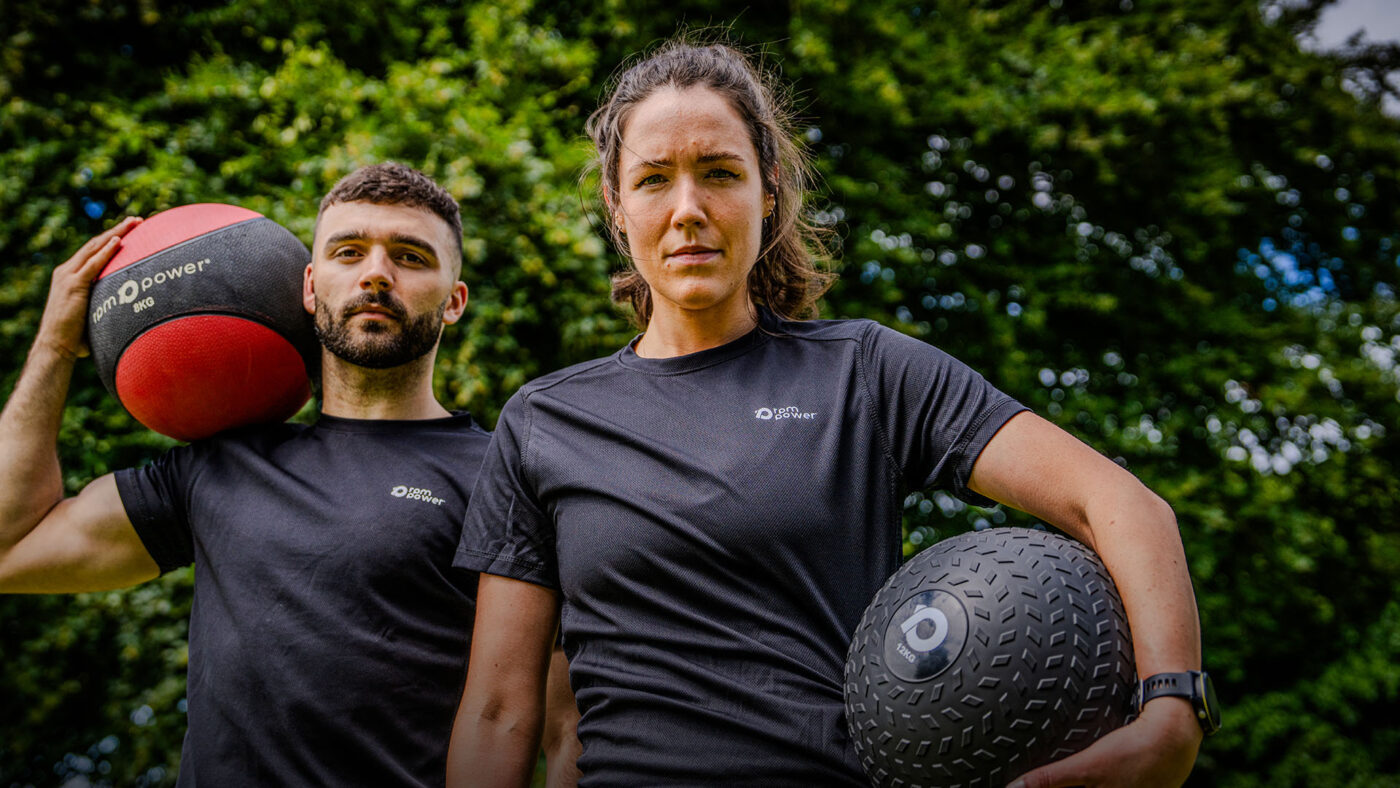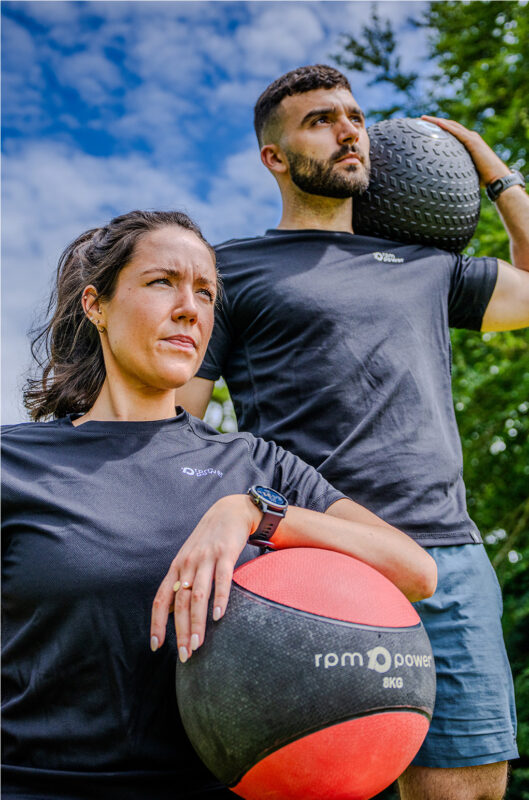Uncategorized
Stop Muscle Loss from a Broken or Fractured Arm
Stop Muscle Loss from a Broken or Fractured Arm
Muscle loss or muscle degeneration is a serious side effect and problem when it comes to rehabilitating a broken or fractured arm. The medical term for muscle loss is ‘muscle atrophy’, which can leave you with substantially-reduced muscle mass after you recover from an arm break. Muscle atrophy occurs when your arm is held motionless in a cast for a number of weeks – the longer you are in a cast, the more muscle you risk loosing from inactivity.

Following a physio-designed rehabilitation programme after you recover from a broken/fractured arm will make a noticeable difference to:
- The condition of your arm during the final stages of recovery
- The muscle mass you retain while in rehabilitation
- The speed at which you recover
- Your chances of incurring the same injury again
Practicing correct rehabilitation is extremely important after an arm break or fracture. And the more work you put in during your rehabilitation period, the better the place you will be in when you finally recover.
What can you do to stop muscle loss from occurring after an arm break?
1) Doing nothing is always an option, but don’t blame us if you end up looking like this guy once the cast is off!!
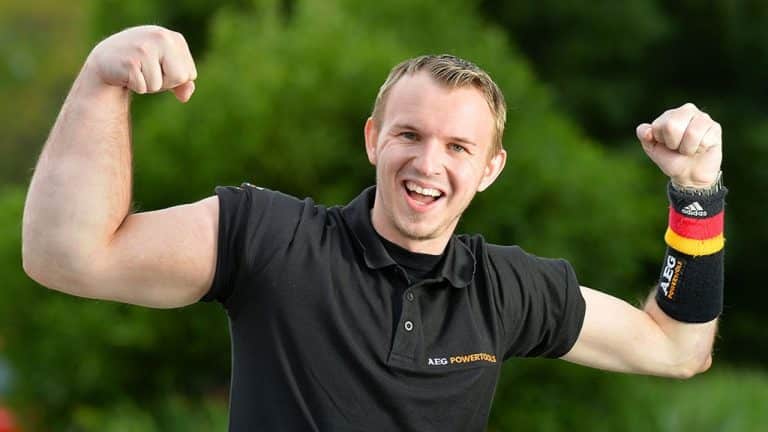
2) Consulting with a physio or doctor is always a good thing. Physios will put together a strengthening programme that will help reduce muscle atrophy and better help you to recover.
3) Use a Powerball. Not only is Powerball easy and engaging to use, but it removes the monotony from rehab, while allowing you to maintain muscle mass and track your recovery as you go.
Why is Powerball so effective for muscle loss prevention?
Powerball is the world’s most effective hand exerciser. Since 1994, over 4 million people worldwide have been using this powerful device to rehabilitate and strengthen after injury.
But how does it work? Powerball is fitted with an internal rotor which spins when you turn your wrist. When this rotor spins it creates a form of resistance. This resistance works its way along the arm, boosting circulation and promoting the healing of damaged muscles and bones.
Powerball is perfect for anyone recovering from a broken or fractured arm. By carrying healing nutrients and oxygen to the source of an injury, Powerball quickly repairs and rehabilitates damaged muscle and bone caused by an arm break or fracture.
In doing so, Powerball’s non-impact resistance also stimulates the muscles to prevent muscle atrophy and strengthen for a long-lasting recovery.
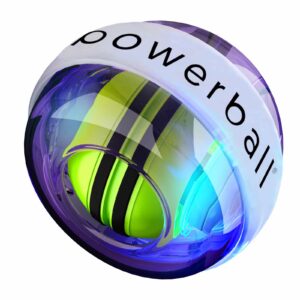
To give you an idea, just some of the benefits of Powerball exercise include:
Injury rehabilitation
Non-impact healing
Strengthening
Muscle LOSS PREVENTION
Pain Relief
QUICK RECOVERY TIMES
Why is Powerball better at preventing muscle loss than other traditional methods?
It’s simple: Exercise with Powerball is 100% non-impact isometric exercise.
If you’ve got a broken or fractured arm, then your physio might recommend traditional exercise methods for rehabilitation. These typically include either concentric (shortening the muscle) or eccentric (lengthening the muscle) exercises, such as bicep curls.

Isometric exercise is different. With isometric exercise, joint angle and muscle length do not change while you are exercising. There is no strenuous ‘up-and-down-movement’ which means you can exercise without putting a strain on mending bones or damaged muscles.
For this reason, isometric exercise is ideal for rehabilitation, especially when bones and muscles are very weak like they would be after a broken or fractured arm.
No ‘up-and-down-movement’ also gives muscles time to rest and strengthen as they heal. This allows Powerball’s resistance to gently stimulate the muscle, building muscle mass during recovery and ultimately stopping muscle loss in its tracks.
How early can you start rehabilitation after a broken/fractured arm?
Consulting with a physio or doctor is always an advisable first step, as they will give you a time frame of when it is safe to start your rehabilitation & strengthening. There should never be any actual pain when you are using a Powerball, as exercise with this device is isometric and non-impact. If you feel any pain when using Powerball, then you know you need to rest and let yourself heal for a little bit longer.
If you can turn your wrists without pain, then you are good to go. It is important to start with lower rotor RPMs (spin speeds) when you begin rehabilitation. Powerball can reach over 21,000rpms however, starting with a gentle 3,000 to 4,000rpms is more than sufficient. You can then begin to increase your Powerball spin speed as you grow stronger and start to progress through your recovery.

What does the physiotherapist recommend?
Colm Murphy is an IAPT physical therapist, lecturer in anatomy, and professional tennis coach. Colm is an expert in rehabilitation, musculoskeletal anatomy and analysis and works closely with elite level athletes. Colm designed our rehabilitation & strengthening programmes, which you can find on our videos page.
https://www.youtube.com/watch?v=yhL9zvj4mZM VIDEOSWhich Powerball is for me?
We offer a range of Powerball models and different strengthening and rehabilitation products in our online store.
For rehabilitation purposes and muscle loss prevention, we recommend one of our Autostart Powerball models. Not only are these models ideal for rehabilitation but they can also provide you with intense strengthening later, when you’ve fully recovered from your broken or fractured arm. What’s more, Autostart Powerballs feature an in-built auto start mechanism for simple, fuss-free starting each time.
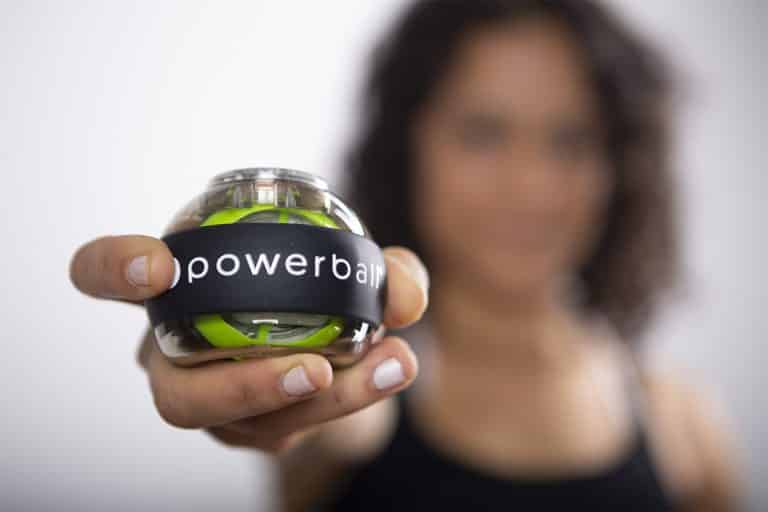
Choose your perfect Powerball from our store and get spinning today.
STOREBroken or fractured arm? Problem Solved.
“I was playing baseball for my college team in Jersey when my arm was literally broken in half. I was escorted to the hospital and doctors patched me up, advising I would have to undergo therapy. In therapy there were the usual massages and exercises, but there was also one psychical therapist who had a slightly different approach. She handed me a green Powerball® and instructed on how to use it. There were 3 other patients in therapy with similar injuries to mine that day and I’d say I probably healed 50% quicker. That green Powerball® literally gave me my arm back, one of the greatest inventions I’ve ever invested in. Thank you.” Jay Kshatriya
New Jersey, USA
Jay Kshatriya
New Jersey, USA

